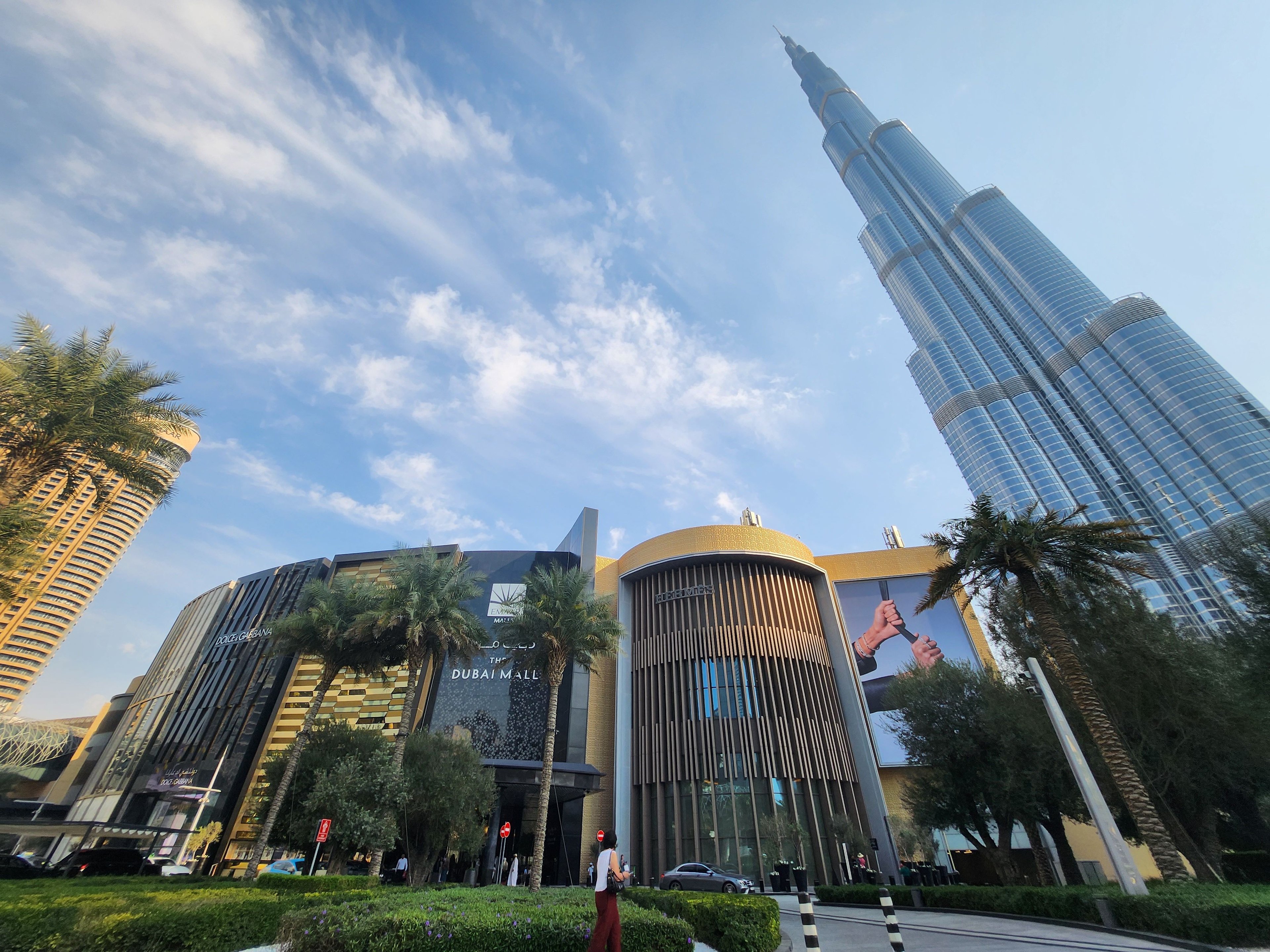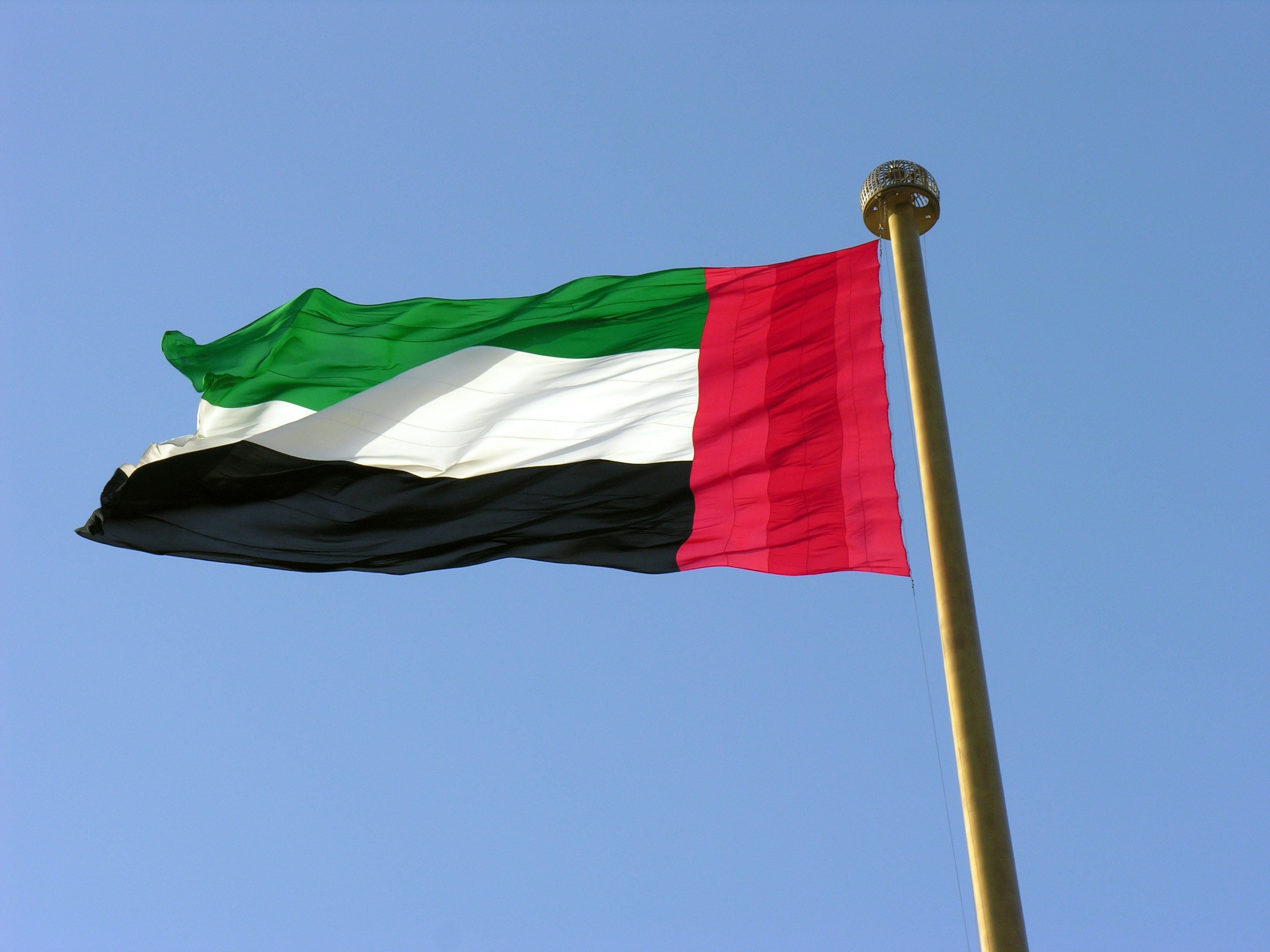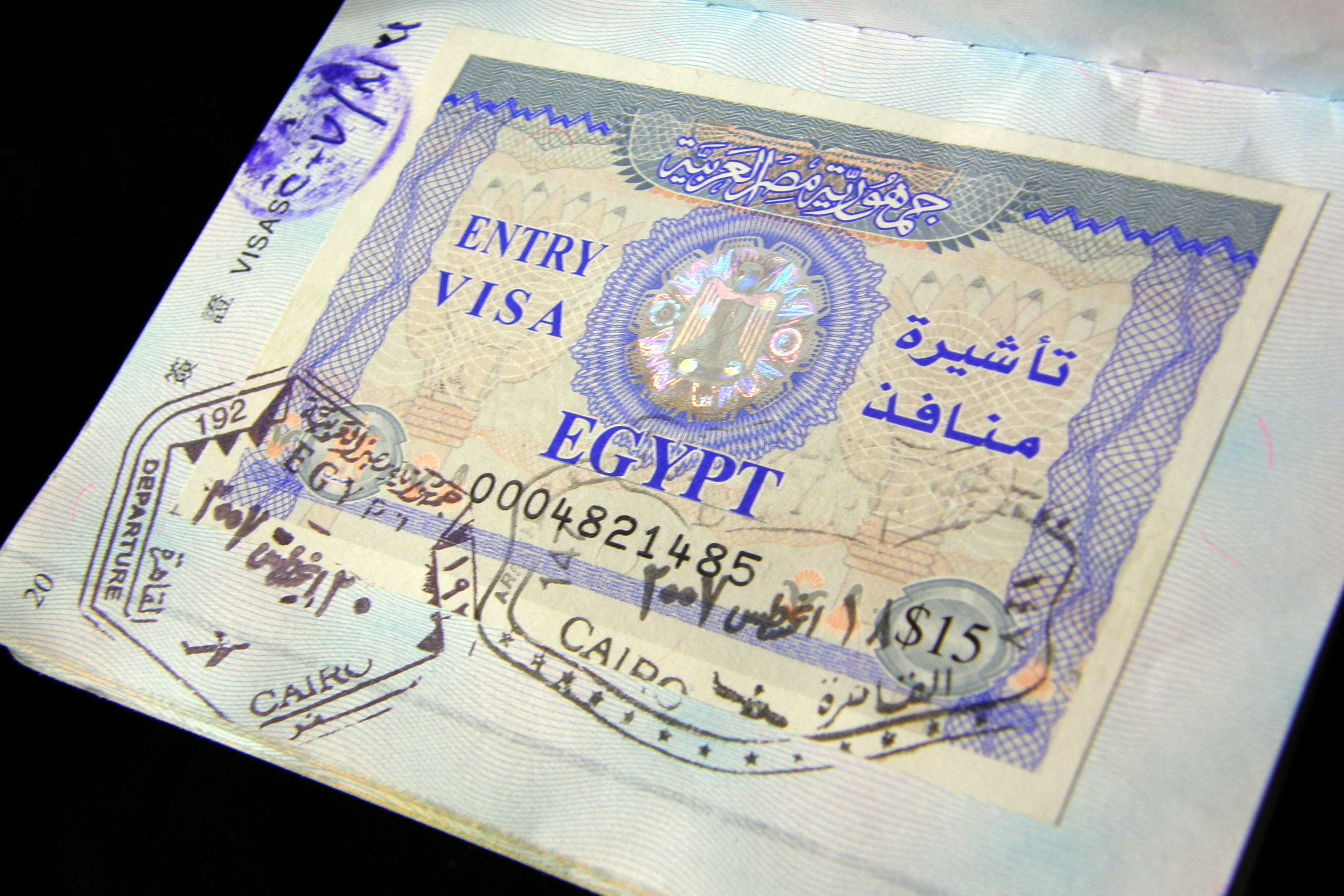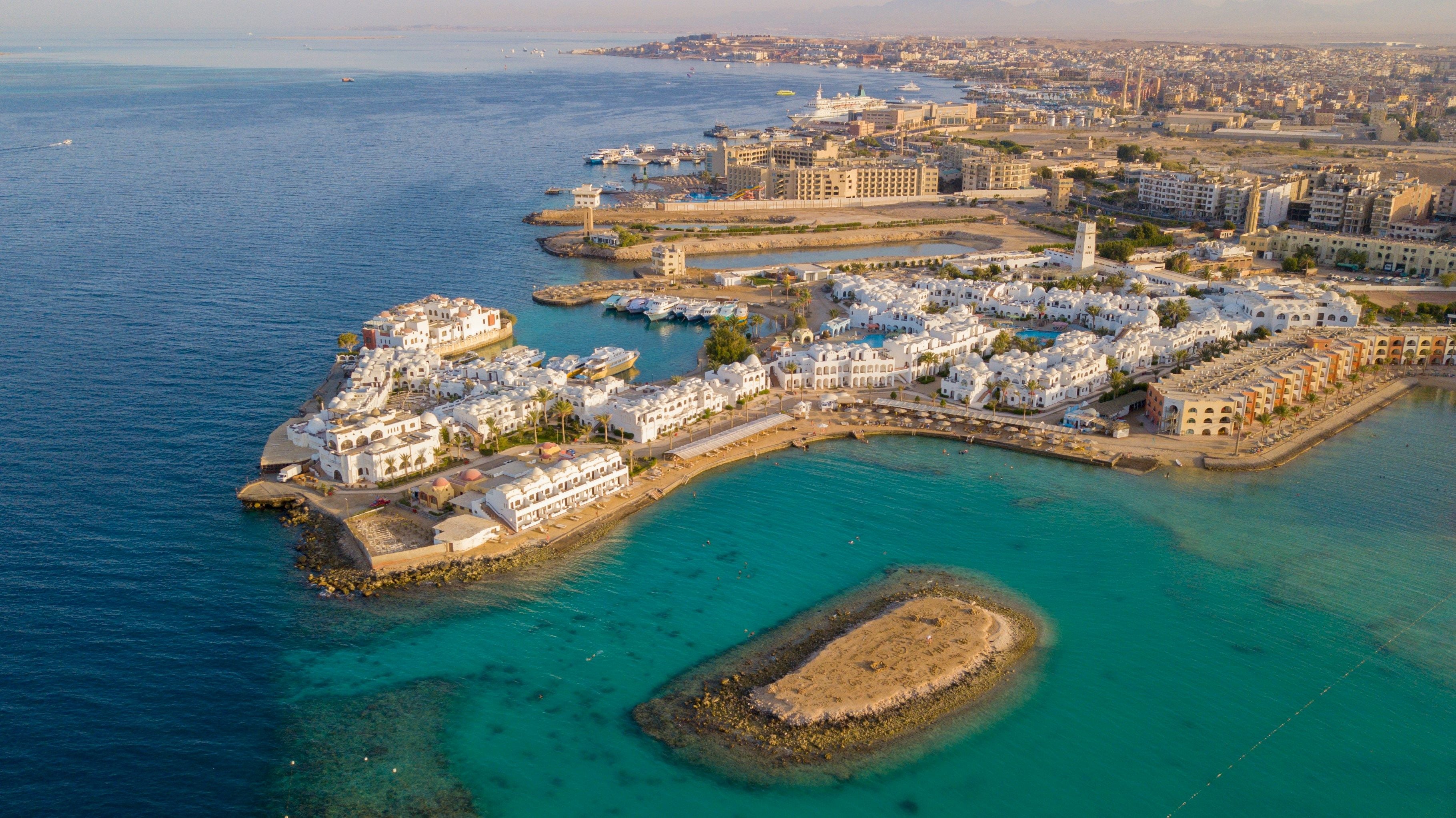
03/03/2026
Leo Express launches services from Krakow to Warsaw
Copy link
TwoContinents
16 October 2024

As part of the United Arab Emirates, Dubai is known for its exceptionally favorable tax regime, which attracts investors from all corners of the world. This includes the booming cryptocurrency sector, which is gaining prominence in the region. In this article, we will discuss the topic of cryptocurrency taxation in Dubai in detail.
Thinking about buying property in Dubai with cryptocurrencies? Check out our offer for apartments in Dubai and ask about crypto payment!
Dubai is constantly engaged in the development of financial technology, making it one of the most innovative places in the world. With investment-friendly policies and no direct taxes, the city has become a hub for cryptocurrency startups and digital exchange and wallet platforms. A good example is the Dubai Multi Commodities Center (DMCC), which has introduced a dedicated legal framework for companies operating in the cryptocurrency sector.
One of the main factors attracting cryptocurrency investors to Dubai is the lack of income tax for individuals. In practice, this means that profits from cryptocurrency trading and long-term ownership are exempt from taxation. This favorable policy applies to both residents and non-residents doing business in Dubai.
The lack of income tax gives investors a chance to maximize their profits, allowing them to freely buy, sell and exchange cryptocurrencies without having to worry about additional tax fees. Such a policy is attracting individuals as well as companies from various industries, who see Dubai as an ideal place to develop their digital assets.
Authorities in the UAE have announced that as of November 15, 2024, cryptocurrencies will be exempt from VAT. Interestingly, this relief will also cover all transactions conducted since January 1, 2018. With the decision to abolish the 5% VAT, the government intends to put cryptocurrencies on par with traditional financial services, which often enjoy similar concessions. The new regulations apply to both trading and transferring digital assets, meaning that all cryptocurrency transactions will be completely VAT-free.
Although there is no direct taxation of cryptocurrencies in Dubai, the UAE authorities are working hard on regulations to clean up the cryptocurrency market. The Dubai Financial Services Authority (DFSA) and other government agencies are consulting and creating regulations that could cover digital asset activities.
In Dubai, cryptocurrency companies have the opportunity to apply for special licenses that allow them to operate legally. An example is the DMCC license, which allows cryptocurrency trading companies to operate in a secure and regulated environment.
There are a number of tax breaks available in Dubai that can benefit investors. In addition to the lack of income tax on cryptocurrency profits, investors are able to take advantage of additional benefits. One of Dubai's key advantages is the lack of capital gains tax. This allows investors to sell their cryptocurrencies without having to pay additional taxes on the profits made. Dubai has various tax-free zones that offer investors additional benefits. Companies registered in these zones can enjoy full tax exemption for a set period, which significantly reduces the cost of doing business.
Despite favorable regulations, investors should keep in mind that the cryptocurrency market may be subject to various regulations and laws. As the market develops, UAE authorities may introduce new guidelines for cryptocurrency investments.
Investors should regularly keep track of changes in cryptocurrency regulations to prevent potential problems in the future. Obtaining up-to-date information can be key to ensuring compliance with current regulations.
Dubai seeks to secure investments in cryptocurrencies through regulations and standards for cryptocurrency activities. This includes both establishing licensing requirements for cryptocurrency companies and measures to protect investors from fraud.
Investor education is also important to ensure security. Authorities and NGOs are organizing awareness campaigns to raise awareness of the risks associated with investing in cryptocurrencies.

It is important to realize that in Dubai there is generally no obligation to report cryptocurrency tax. This is due to the fact that Dubai, being part of the United Arab Emirates, does not impose income tax or capital gains tax on individuals, which includes profits made from cryptocurrencies.
However, despite the lack of tax liability, there are circumstances in which it may be necessary to keep records or report on cryptocurrency activity:
Business registration:
If you are running a cryptocurrency-related business, you may need:
AML/KYC compliance:
Reporting for regulatory purposes:
Voluntary record keeping:
For companies operating in economic zones:
Keep in mind that despite the lack of direct taxation of cryptocurrencies, Dubai authorities pay special attention to preventing money laundering and terrorist financing. Accordingly, entities operating in the cryptocurrency sector should be ready for possible inspections and audits.
In addition, non-residents of Dubai should verify their tax obligations in their countries of origin, as they may be required to report global income, including cryptocurrency gains earned in Dubai.
In conclusion, although there is no official obligation to report cryptocurrency tax in Dubai, keeping careful records is recommended due to regulations, business aspects and possible future changes in the law. When in doubt, it's always a good idea to seek advice from a local legal or tax advisor.
Check also: Financial markets and exchanges in Dubai
There is no income tax or capital gains tax in Dubai and throughout the United Arab Emirates, which means that profits from cryptocurrencies are not taxed. Investors can freely trade and invest in cryptocurrencies without worrying about additional tax burdens. This situation makes Dubai an attractive location for cryptocurrency investors.
However, it is important to note that despite the lack of direct taxation, investors should be aware of current regulations and laws related to anti-money laundering and terrorist financing. As the market develops, new regulations may emerge, so it is important to stay informed about cryptocurrency investments.
Questions and answers (FAQ)
1.Are cryptocurrencies taxed in Dubai?
There is no direct tax on cryptocurrencies in Dubai. The United Arab Emirates, including Dubai, is famous for its lack of income tax for both individuals and most businesses. This rule also covers income derived from cryptocurrencies.
2. Does Dubai have special tax breaks for cryptocurrency investors?
Dubai does not introduce special tax breaks aimed exclusively at cryptocurrency investors. Instead, Dubai's overall tax system is very favorable for all investors, including those in the cryptocurrency sector. The lack of income tax and capital gains tax is a significant relief compared to with many other countries around the world.
3. What are the consequences of not declaring cryptocurrency profits in Dubai?
Although there are no direct tax consequences in Dubai for not declaring cryptocurrency income, other legal and regulatory aspects must be considered. It is crucial to comply with anti-money laundering and counter-terrorist financing regulations, be transparent about transactions, and keep accurate records. If you have any doubts, it's a good idea to consult a local attorney or compliance advisor.
See other news

03/03/2026
Leo Express launches services from Krakow to Warsaw

01/03/2026
Dubai Mall – area

01/03/2026
Burj Khalifa – which floor to go to?

01/03/2026
United Arab Emirates - a guide for tourists

28/02/2026
No more expensive internet in the Balkans? EU roaming on the way!

28/02/2026
From March visas to Egypt will be $5 more expensive

28/02/2026
Krakow finally obtains environmental approval for the construction of a new runway

28/02/2026
Corendon Airlines will fly from Warsaw and Katowice to Hurghada

28/02/2026
Wizz Air has announced the launch of a new route from Warsaw to Zadar

26/02/2026
Making money from short-term rentals in Dubai